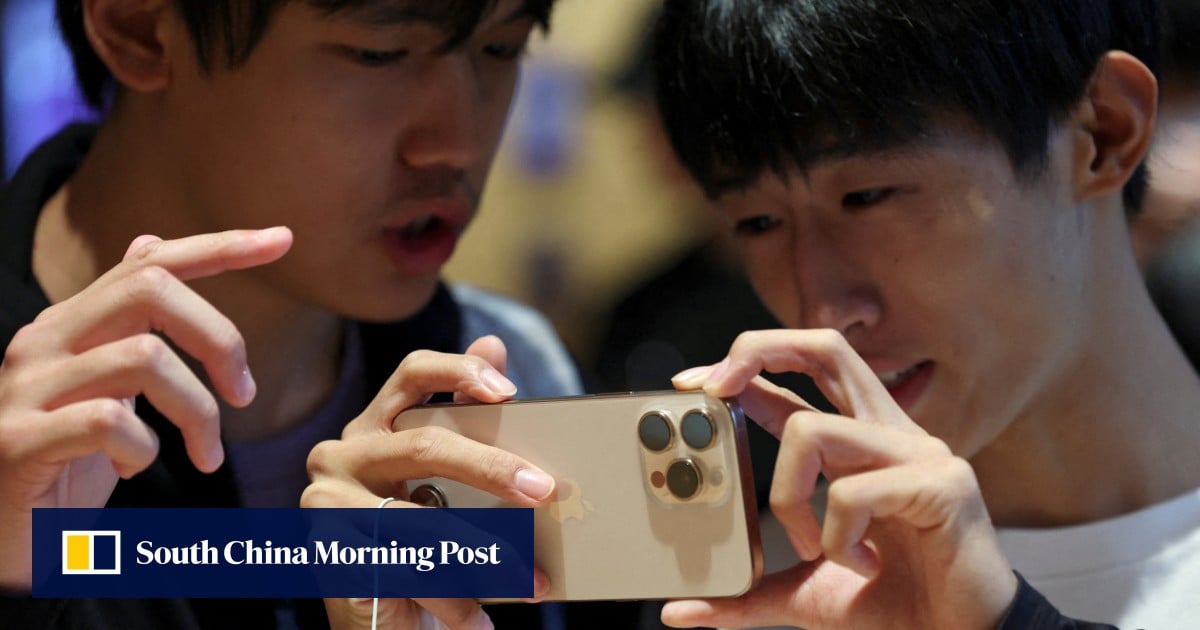Chinese Smartphone Brands Adopt DeepSeek’s AI Technology as Apple Collaborates with Alibaba

Apple Partners with Alibaba for AI in China
Apple has recently teamed up with Alibaba to utilize the company’s Qwen models for its Apple Intelligence platform in mainland China. This partnership allows Apple to operate its AI services in a region where only government-approved models are permitted. The news was reported by the South China Morning Post, which stated that Apple’s decision comes after a prolonged search for a local partner, as competing domestic brands have already launched similar AI features.
The Need for Local Partnerships
Apple’s collaboration with Alibaba marks a significant step as the tech giant navigates the complexities of the Chinese market. Unlike other international markets where Apple uses OpenAI’s ChatGPT for its AI functionalities, China imposes strict regulations that compel companies to rely on AI tools sanctioned by the government. This presents unique challenges, making local partnerships essential for any business aiming to succeed in China.
Competitors Are Moving Fast
The competitive landscape in the Chinese smartphone market has been evolving rapidly. Apple’s agreement comes at a time when domestic brands have rolled out their own AI capabilities. Notably, DeepSeek has introduced new AI models that are being adopted by several Chinese smartphone manufacturers. This surge in AI technology upgrades is pushing companies to enhance their offerings to stay relevant in a recovering market.
Rival Brands Expanding Their AI Use
Several competitors are leveraging new AI models to boost their smartphone features:
- Huawei Technologies announced that it is integrating the DeepSeek-R1 model into its digital assistant Xiaoyi, featured in the latest version of HarmonyOS Next, its proprietary operating system.
- Oppo reported it is incorporating the R1 model into its innovative foldable phone, the Find N5.
- Honor is using the R1 model to enhance its AI assistant, Yoyo.
- Vivo, which topped the smartphone shipment charts last year in China, is also planning to utilize R1 to introduce features that support text creation in its smartphone assistant app.
This trend towards AI-enhanced features is vital, as smartphone manufacturers in China look to outpace their rivals in an increasingly competitive market.
Xiaomi’s Strategy
While Xiaomi has been in discussions with Google to incorporate the Gemini model into its flagship phones for international markets, the company has not yet announced intentions to integrate DeepSeek’s offerings into its devices. This raises questions about Xiaomi’s strategy and positioning in a market where AI capabilities are becoming a key differentiator among brands.
Market Recovery and Future Expectations
The smartphone market in China is gradually rebounding after two years of decline. According to Canalys, shipments of smartphones rose by 4% in 2024, reaching a total of 285 million units. The resurgence in shipments can be attributed to improved consumer confidence and demand for innovative features, particularly those powered by enhanced AI technologies.
Overall, as companies like Apple and its local competitors ramp up their AI capabilities, the Chinese smartphone market looks poised for increased competition. This heightened focus on technology will likely shape consumer choices and influence market dynamics in the coming years.




